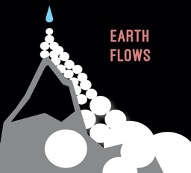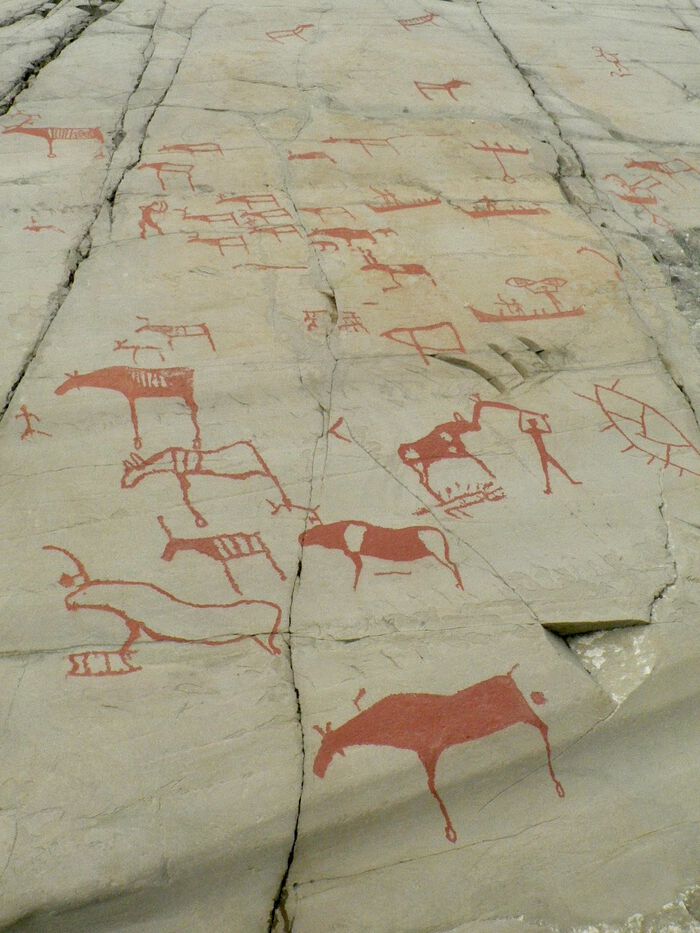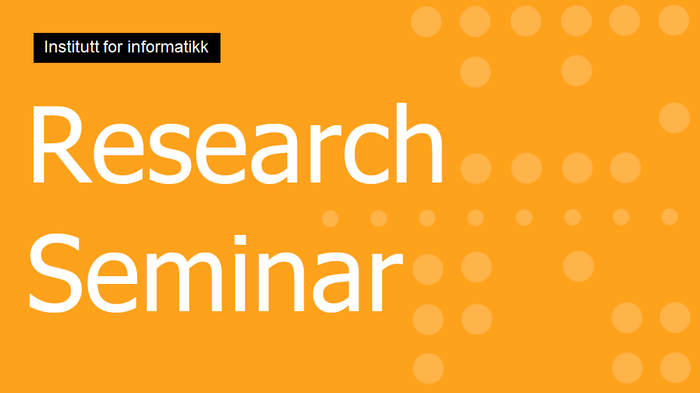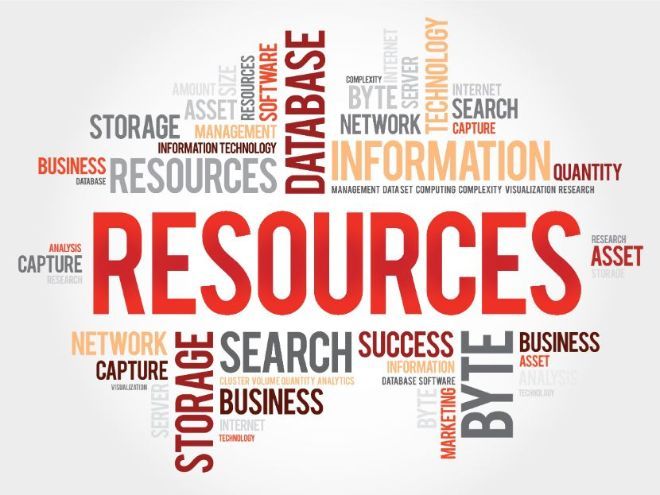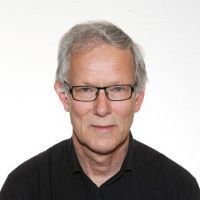Previous events - Page 71
Characterizing Ultraviolet Bursts in a Solar Coronal Hole using Machine Learning Techniques
Plenary lecture 3: Heather Lewandowski, University of Colorado Boulder
Physics is an empirical science. Therefore, learning physics must include learning how to design and conduct experiments, analyze and interpret data, and revise models and apparatus.
Lab courses are a way for students to engage in these authentic physics practices. Our work looks to improve lab experiences by improving students’ competency with modeling of physical and measurement systems, troubleshooting skills, documentation practices, and views of the nature of experimental physics.
Each spring, near the date of Svein Rosseland's birthday, the Institute of Theoretical Astrophysics invites everyone to a guest lecture by an internationally renowned astrophysicist as a remembrance for our great astrophysicist Svein Rosseland (1894-1985), founder of our institute.
James Alvey, GRAPPA Amsterdam
Weekly Theory Seminar.
Study of the membrane protein SLC38A9 and the Rag-Ragulator complex, key effectors of mTOR Complex 1 signaling
“String-of-Beads” DNA Vaccine Encoding T cell Epitopes Targeted towards Antigen Presenting Cells for Protection Against Multiple Myeloma in MOPC315 Mouse Model
The Faculty of Mathematics and Natural Sciences is pleased to invite all our PhD candidates to a seminar about transferable skills. The main goal of the seminar is to discuss transferable skills and get your input on what we can do to help you develop these skills.
This seminar is part of The EU-funded DISCOVERY LEARNING project which explores effective approaches for participatory, empowered and evolutionary work-based learning in PhD programmes and for transferable skills training related to open science and innovation in higher education.
Finding the Roots of Microturbulence
Effects of High Latitude Light Conditions on Gas Exchange and Morphology in Trifolium repens
Concurrent visual discrimination learning in mice
Effect of historic aquaculture activity on copepod sensitivity to the combined exposure of copper and predation risk
The EarthFlows Meeting is an annual event on its 8th edition, and part of a strategic research initiative for cross-disciplinary research at the University of Oslo, Norway. This year's seminar will be held in Oslo between 15th and 16th of June 2022.
C*-algebra seminar talk by John Quigg (Arizona State University)
Probing the impact of UV radiation on the isotopic chemistry in the outflow of AGB stars
Late Lunch Talk by Stefaniya Kamenova
This topic will be presented by Håvard E. Danielsen
Targeting DNA repair to increase the efficacy of radiotherapy
We invite you to an informative hybrid webinar on Scientific Programming with GPUs, at dScience.
Amyloid-beta treated organotypic hippocampal slices as a model system of Alzheimer´s disease
Plenary lecture 2: Brean Prefontaine, Michigan State University
In this introduction to informal physics education (IPER), we will explore the historical and current landscape of research looking at informal physics education spaces and public engagement in physics. We will talk about the different kinds of questions that researchers have and are currently exploring, including the kinds of questions that we are currently researching at Michigan State University.
Just like in other areas of PER, there are a variety of methods that people are using to explore these spaces. We will discuss what kinds of data are being collected within informal spaces and what methods can be used to explore that data. Additionally, in many instances within informal spaces, the researcher and practitioner role are intimately connected.
We will discuss these instances and the importance of researchers disseminated information in a usable manner to practitioners. Finally, we will discuss ways that informal physics spaces are evaluated both internally and externally. Throughout this overview of informal physics education research, I will share examples from my own graduate research and work as an external evaluator.
Curious to learn more about what FAIR data management means in the field of life sciences? And how this is met by Norwegian research infrastructures? ELIXIR Norway and BioMedData are organizing a course for you!
We invite you (once again) to a two-day seminar celebrating Professor Ørnulf Borgans many and substantial contributions to statistics in general and life event history analysis in particular.
Astrophysical Archaeology: Reviving COBE–DIRBE for Next-Generation Global Analysis
Research Seminar Series features, Lucy Suchman, Professor Emerita, Lancaster University, UK
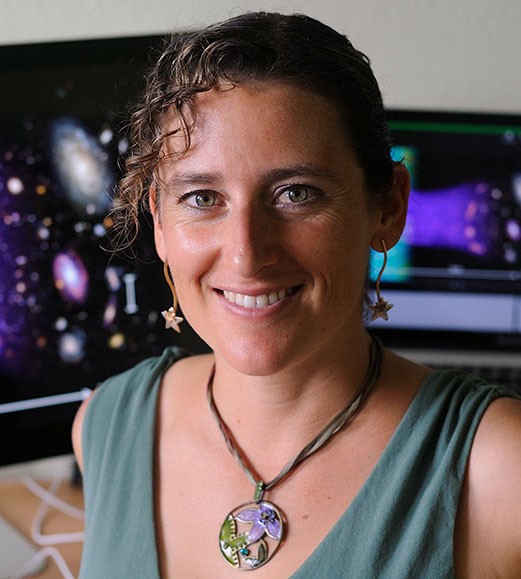
.jpg?alt=listing)
